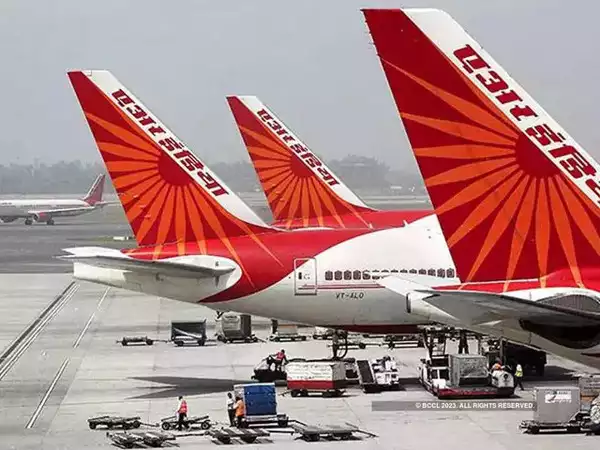The Supreme Court on Tuesday called on authorities to consider revising the existing guidelines for handling unruly air passengers in line with international norms. A bench of Justice BR Gavai and Justice KV Viswanathan emphasized that “something creative will have to be done” to address the growing issue of disruptive behavior on flights.
During the hearing, Justice Viswanathan referred to a personal experience involving drunk passengers on a flight, which he had taken with another Supreme Court judge, Justice Surya Kant.
The Court instructed Additional Solicitor General Aishwarya Bhati, representing the Centre, to direct the relevant authorities to review and appropriately amend the guidelines on unruly passengers to meet international standards. The bench adjourned the matter for hearing in eight weeks.
The case stemmed from a plea filed by a 72-year-old woman, Hema Rajaraman, who was urinated on by an inebriated man aboard an Air India flight in 2022. The incident took place on a New York-Delhi flight in November 2022, and the woman is seeking a directive to the Directorate General of Civil Aviation (DGCA) and airlines to implement strict Standard Operating Procedures (SOPs) and a zero-tolerance policy to handle unruly passengers.
Rajaraman’s petition urges the DGCA to include a clear zero-tolerance policy for “unruly/disruptive behaviour,” particularly concerning passengers who are drunk or intoxicated. She also requested that the Civil Aviation Requirements (CAR) of May 2017 be amended to specifically categorize drunkenness or inebriation as disruptive behavior that must be reported to both the DGCA and law enforcement.
Additionally, the plea requests that the Ministry of Civil Aviation and DGCA ensure that airline companies comply with established norms for handling disruptive behavior on both flights and in airports.
The petitioner highlighted the misconduct of the accused, Shankar Mishra, who was arrested in January 2023 for urinating on the woman in the business class of the flight. He was later granted bail. Rajaraman’s plea also accuses the cabin crew of facilitating a settlement between the passenger and herself, and allowing her to sit in the same seat that was soiled.
Furthermore, the petition calls for the DGCA to set strict alcohol policies for international flights operated by Indian carriers, ensuring that passengers are protected from alcohol-related incidents. The petition also urges the inclusion of redress mechanisms for passengers who suffer abuse, such as an Ombudsman for victims and guidelines on compensation.
Rajaraman’s plea also referenced a report presented in the Rajya Sabha in February 2023, which revealed that only 63 unruly passengers had been placed on the ‘No Fly’ list, raising concerns that many incidents go unaddressed. She emphasized the need for greater safety measures, particularly for vulnerable groups such as senior citizens.
The case also questioned how media reports, based on conjecture and without clear guidelines, could affect ongoing legal cases, urging the court to consider the impact of such reporting.


